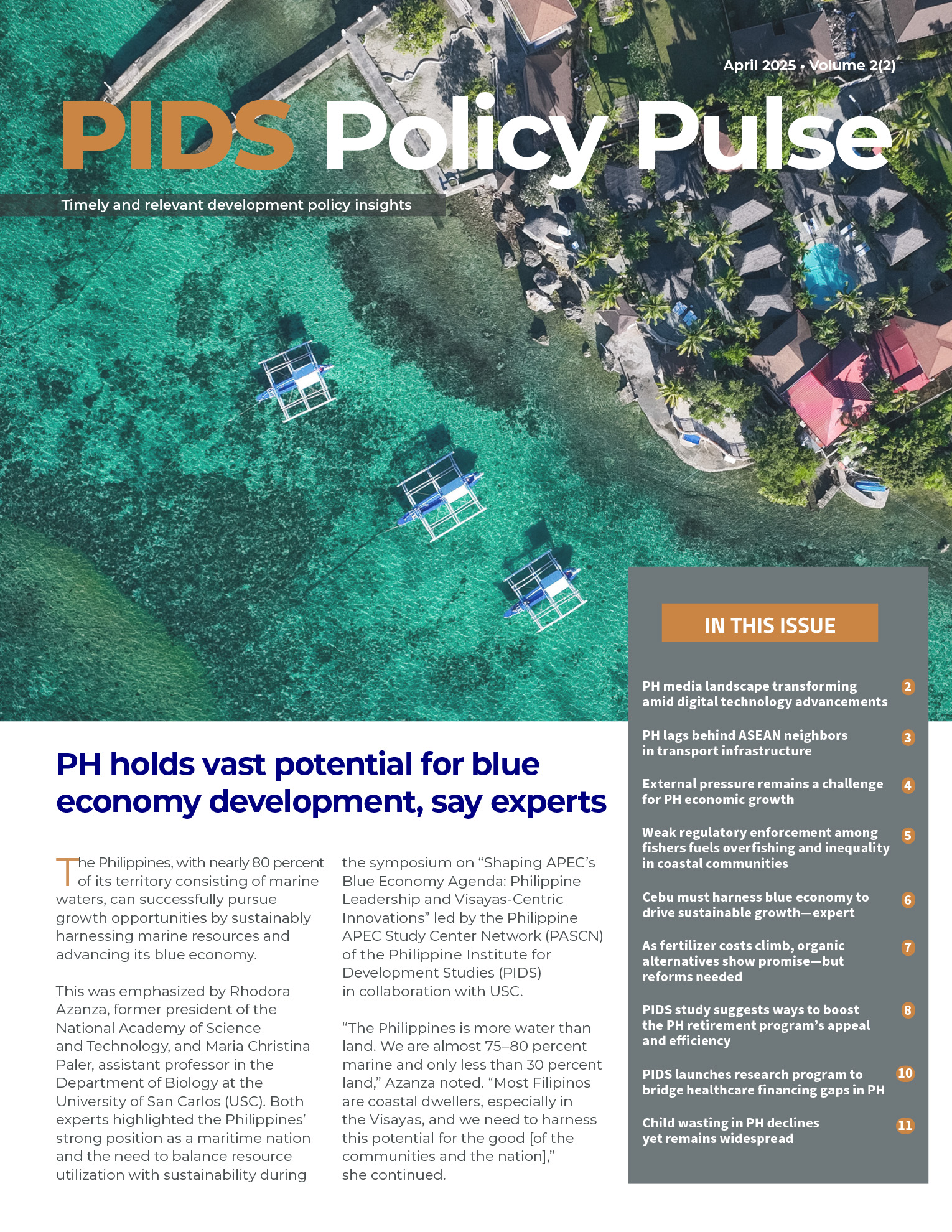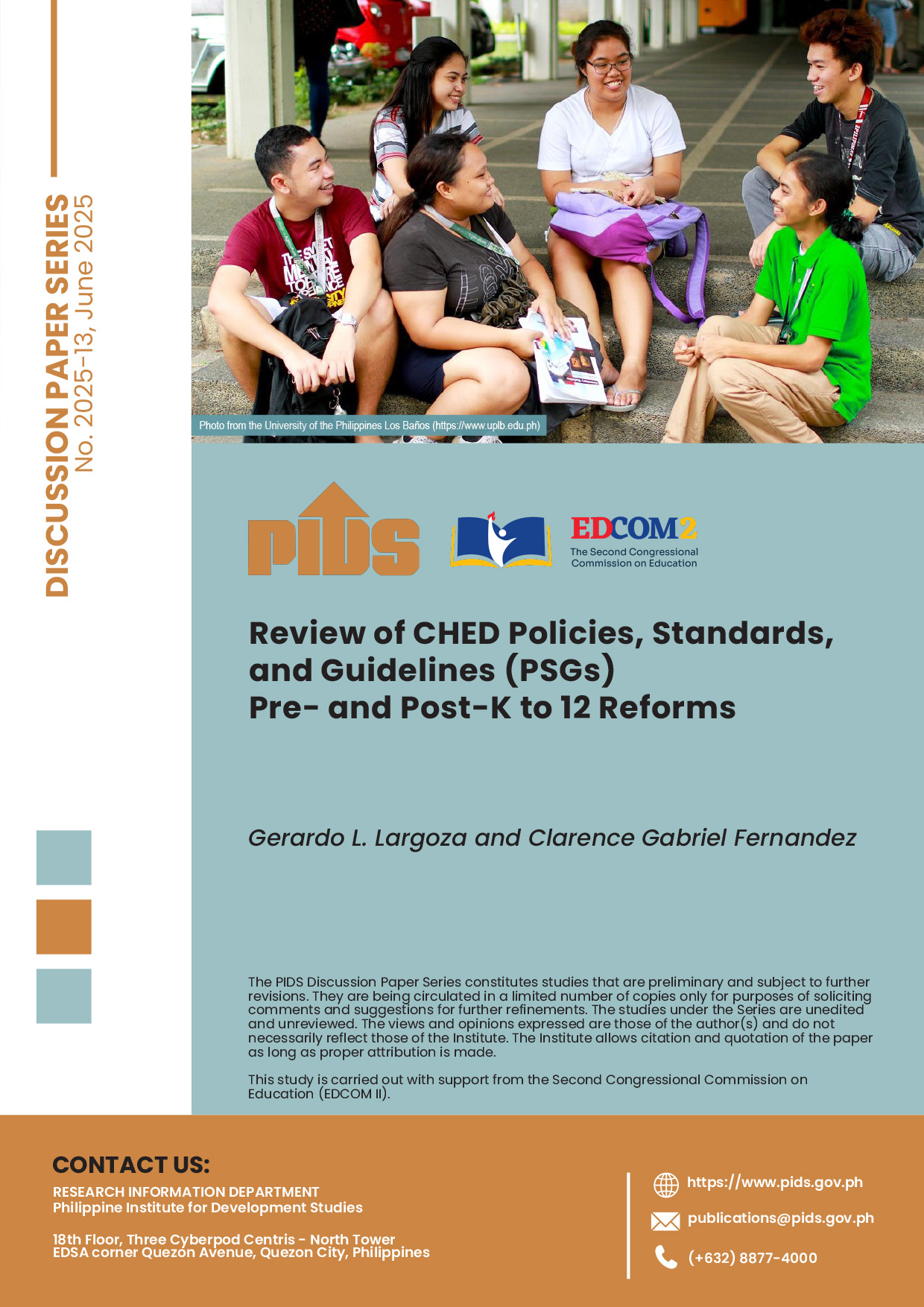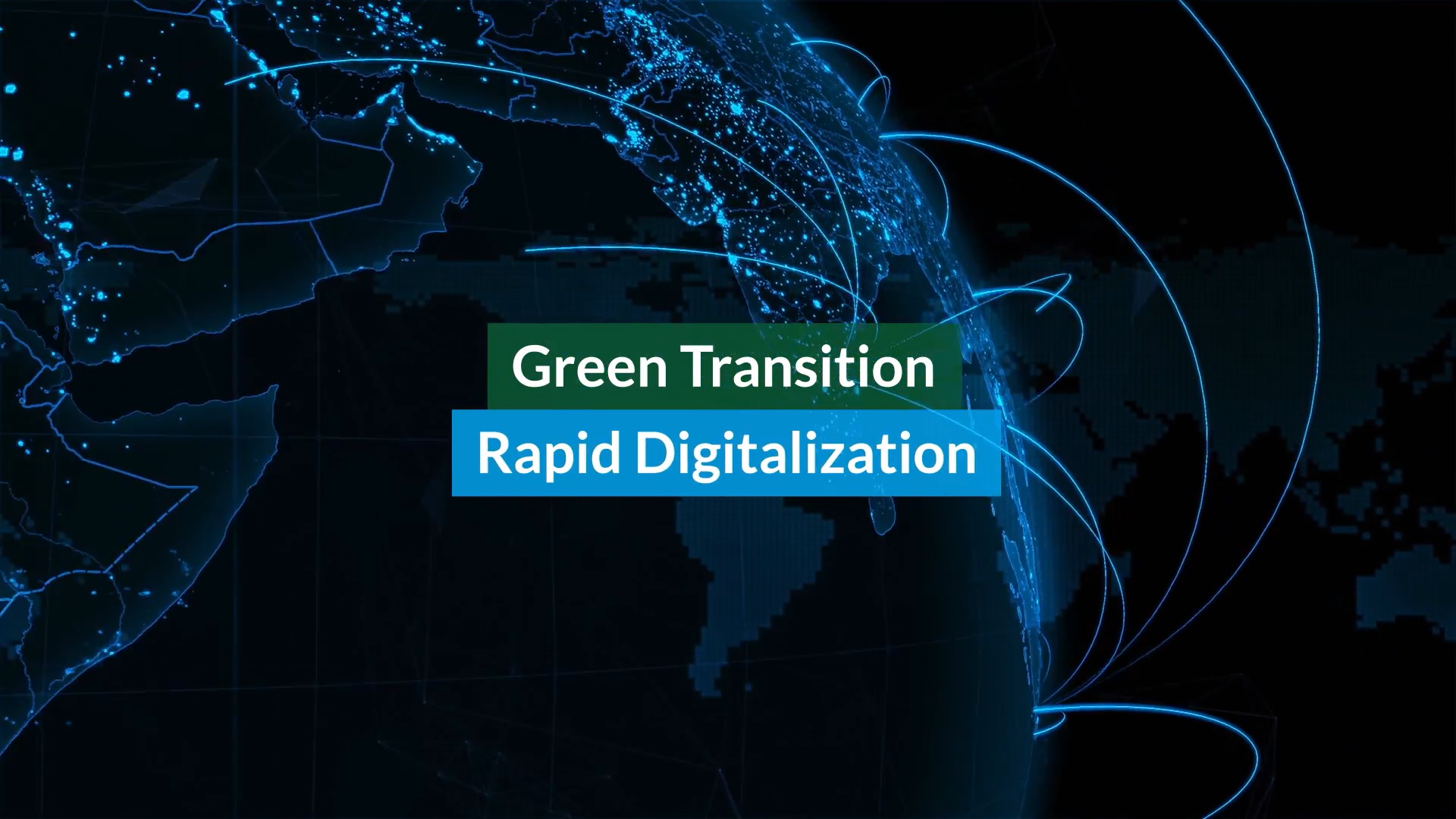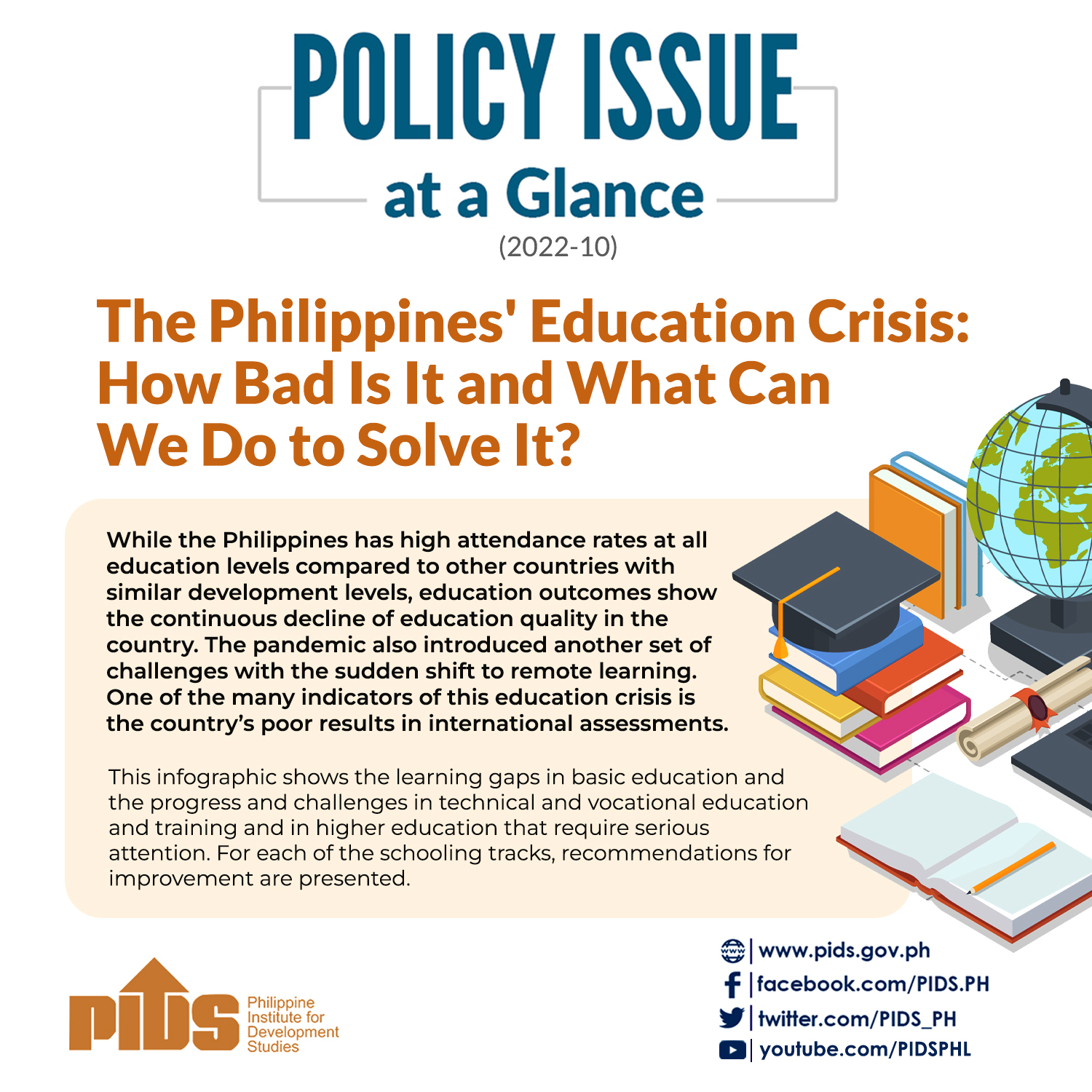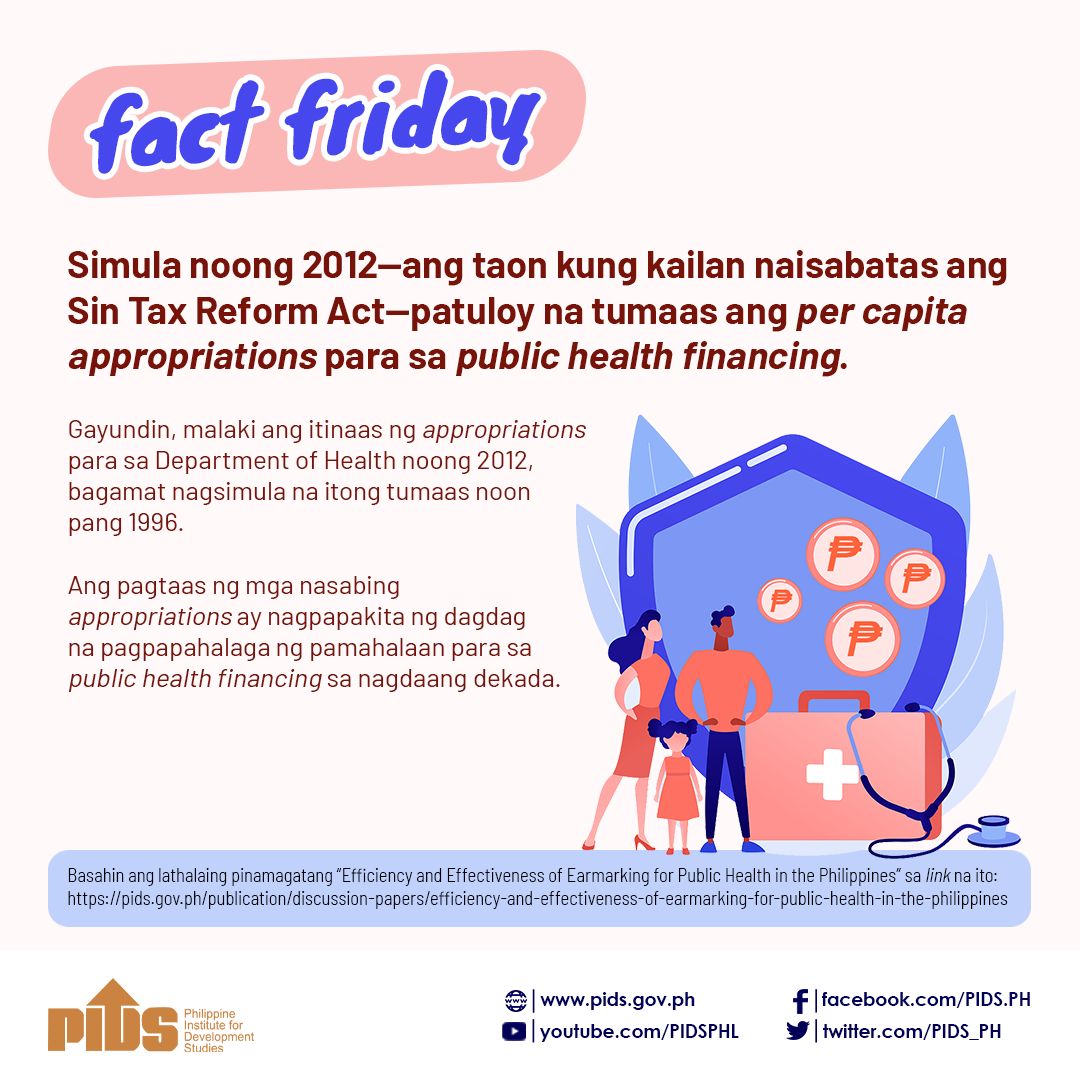IF the Duterte administration wants to improve tax collection, local economists said it would take more than just the President’s popularity to encourage Filipinos to pay their dues.
Internal Revenue Commissioner Caesar R. Dulay earlier told the BusinessMirror that the President’s popularity can be used to encourage taxpayers to voluntarily file their taxes.
However, economists, like Ateneo de Manila Eagle Watch senior fellow Dr. Alvin Ang, believe this is not enough, since taxes are “emotional” for Filipinos and the process involved is very complicated.
“Tax is an emotional issue to people as it touches on income. It’s better to fix the agency’s processes and simplify them,” Ang said.
“Not many want to pay their taxes, but if the BIR [Bureau of Internal Revenue] simplifies their processes, maybe more will be encouraged. Filipinos who need to pay taxes are forced to pay, but they encounter difficulties in paying, so they resort to illegal means,” he explained.
Ang said the process of paying taxes should be simple enough that even sari-sari store owners (micro retailers) who want to pay taxes can do so without encountering difficulties.
Simplifying processes can also help improve tax effort, which, Ang said, is currently pegged at around 15 percent. He also estimates that less than 40 percent of those working and earning incomes are paying taxes.
He added that improving the tax effort should, in fact, be the focus of the administration, especially since the Duterte administration wants to cut tax rates. University of Asia and the Pacific School of Economics Dean Cid Terosa added that tax-collection efficiency and tax-monitoring efficiency should be given focus.
Currently, Ang said the BIR does not even have sufficient data, such as those needed to determine how much tax is being generated from working Filipinos per capita. This is part of tax-monitoring efforts that need to be improved. “I believe President Duterte’s popularity can provide momentum or inertia, but the task of raising tax revenues will require more than that. I believe that raising tax-collection efficiency and tax-monitoring effectivity should be pursued vigorously,” he added.
Terosa also said it would also do well to focus on improving the tax collection among high- and middle-income Filipinos.
“I think the focus should be on the high- and middle-income classes. Our middle-income class isn’t big enough to shoulder the burden of financing government,” he added.
In April the World Bank said the next administration needs to overhaul the tax system to plug the country’s inclusive growth investment deficit of P900 billion.
In a report, the World Bank said the Philippines needs to increase its investment in the infrastructure and social services sectors to 6.8 percent of GDP.
The government, the World Bank said, must also index tax rates and valuations to inflation, particularly the petroleum excise taxes and property valuations.
In a recent forum, experts from the Philippine Institute of the Development Studies (PIDS), the Department of Finance and Tax Management Association of the Philippines agree that the country’s tax system needs to change.
The country’s personal-income tax (PIT), specifically, has not been updated since the 1997. This has resulted in what is called “bracket creep,” where low-income taxpayers “hurt more” than their high-income counterparts.
Bracket creep, PIDS senior research fellow Rosario G. Manasan explained, has occurred because of the “non-indexation” to inflation of PIT brackets. This means that the coverage of each tax bracket does not take into consideration the current value of the peso.
Internal Revenue Commissioner Caesar R. Dulay earlier told the BusinessMirror that the President’s popularity can be used to encourage taxpayers to voluntarily file their taxes.
However, economists, like Ateneo de Manila Eagle Watch senior fellow Dr. Alvin Ang, believe this is not enough, since taxes are “emotional” for Filipinos and the process involved is very complicated.
“Tax is an emotional issue to people as it touches on income. It’s better to fix the agency’s processes and simplify them,” Ang said.
“Not many want to pay their taxes, but if the BIR [Bureau of Internal Revenue] simplifies their processes, maybe more will be encouraged. Filipinos who need to pay taxes are forced to pay, but they encounter difficulties in paying, so they resort to illegal means,” he explained.
Ang said the process of paying taxes should be simple enough that even sari-sari store owners (micro retailers) who want to pay taxes can do so without encountering difficulties.
Simplifying processes can also help improve tax effort, which, Ang said, is currently pegged at around 15 percent. He also estimates that less than 40 percent of those working and earning incomes are paying taxes.
He added that improving the tax effort should, in fact, be the focus of the administration, especially since the Duterte administration wants to cut tax rates. University of Asia and the Pacific School of Economics Dean Cid Terosa added that tax-collection efficiency and tax-monitoring efficiency should be given focus.
Currently, Ang said the BIR does not even have sufficient data, such as those needed to determine how much tax is being generated from working Filipinos per capita. This is part of tax-monitoring efforts that need to be improved. “I believe President Duterte’s popularity can provide momentum or inertia, but the task of raising tax revenues will require more than that. I believe that raising tax-collection efficiency and tax-monitoring effectivity should be pursued vigorously,” he added.
Terosa also said it would also do well to focus on improving the tax collection among high- and middle-income Filipinos.
“I think the focus should be on the high- and middle-income classes. Our middle-income class isn’t big enough to shoulder the burden of financing government,” he added.
In April the World Bank said the next administration needs to overhaul the tax system to plug the country’s inclusive growth investment deficit of P900 billion.
In a report, the World Bank said the Philippines needs to increase its investment in the infrastructure and social services sectors to 6.8 percent of GDP.
The government, the World Bank said, must also index tax rates and valuations to inflation, particularly the petroleum excise taxes and property valuations.
In a recent forum, experts from the Philippine Institute of the Development Studies (PIDS), the Department of Finance and Tax Management Association of the Philippines agree that the country’s tax system needs to change.
The country’s personal-income tax (PIT), specifically, has not been updated since the 1997. This has resulted in what is called “bracket creep,” where low-income taxpayers “hurt more” than their high-income counterparts.
Bracket creep, PIDS senior research fellow Rosario G. Manasan explained, has occurred because of the “non-indexation” to inflation of PIT brackets. This means that the coverage of each tax bracket does not take into consideration the current value of the peso.

